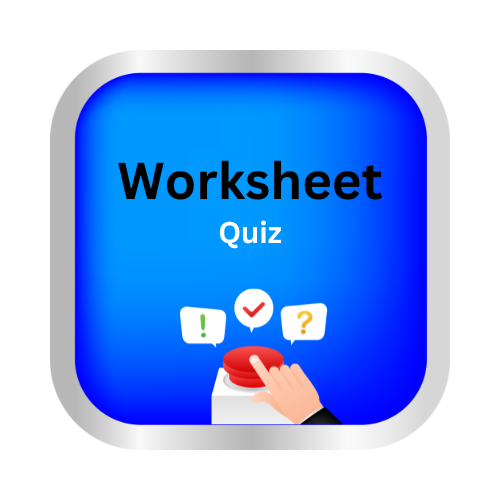Use relative pronouns: who, whom, whose, which, and that
Key Notes:
📝 Relative Pronouns: Who, Whom, Whose, Which, That
Relative pronouns are words that connect a clause or phrase to a noun or pronoun. They give us more information about a person, thing, or animal.
| Who 👤 |
Refers to people.
Acts as the subject of the relative clause.
Example:
- The girl who sings beautifully won the prize. 🎤🏆
✅ Tip: Use who when the relative pronoun is doing the action.
| Whom 👥 |
Refers to people.
Acts as the object of the relative clause.
Example:
- The teacher whom we met yesterday is very kind. 🍎✏️
✅ Tip: If you can replace it with “him” or “her,” use whom.
| Whose 🔑 |
Shows possession.
Can refer to people, animals, or things.
Example:
- I met a boy whose dog is very cute. 🐶❤️
✅ Tip: Always shows ownership of something.
| Which 🐱📚 |
Refers to animals or things.
Can add extra information (non-essential clause) or specify (essential clause).
Example:
- I bought a book which is full of pictures. 📖🎨
✅ Tip: Avoid using which for people.
| That 💡 |
Can refer to people, animals, or things.
Often used in essential clauses (information needed to identify the noun).
Example:
- The dog that barked loudly scared everyone. 🐕😱
✅ Tip: That is more flexible but not used in non-essential clauses.
| 🌟 Quick Tips |
| Pronoun | Refers to | Usage |
|---|---|---|
| Who | People | Subject |
| Whom | People | Object |
| Whose | Possession | Owner of something |
| Which | Things/Animals | Subject or object |
| That | People/Things/Animals | Essential info only |
| 🔹 Examples Together |
- The woman who called you is my aunt. 👩🦰📞
- The boy whom you helped is very smart. 🧑🎓💡
- I know a man whose car is red. 🚗❤️
- The cat which climbed the tree is mine. 🐱🌳
- I saw the movie that won the award. 🎬🏆
| 🎨 Fun Trick to Remember |
- Who → Subject (doing it)
- Whom → Object (receiving it)
- Whose → Possession (own it)
- Which → Thing/Animal (extra info)
- That → Essential info (must-have info)
Let’s practice!🖊️

